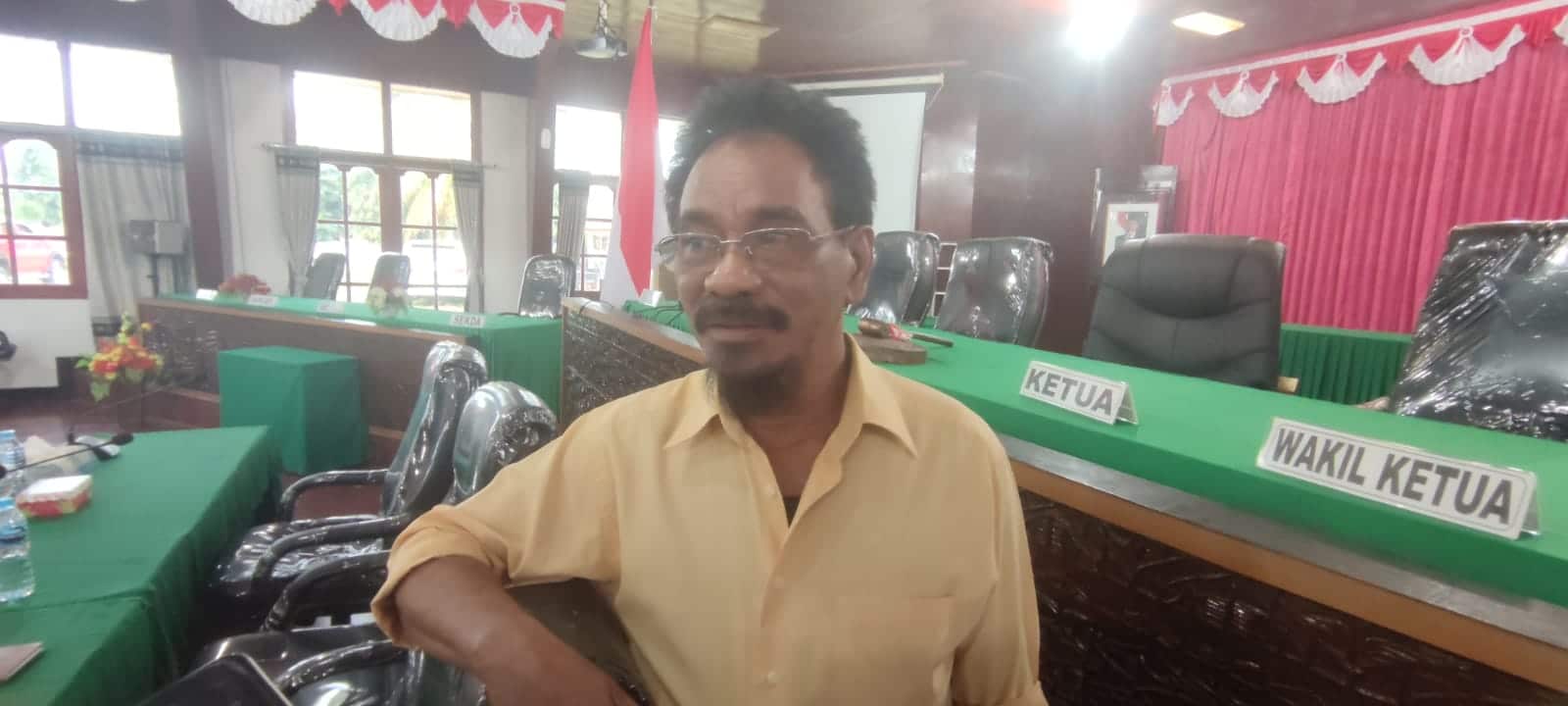Merauke, Jubi – Lawmakers of the Merauke Regional Legislative Council (DPRD) are worried about the lives of indigenous Papuans who are deemed threatened by the rapid investment in plantations in Merauke Regency.
Deputy chairperson of the Merauke DPRD Dominikus Ulukyanan told Jubi on Wednesday, July 27, 2022, that the local government needed to encourage the formation of a regional regulation on customary land rights to protect the rights and culture of indigenous Papuans in Merauke.
According to Ulukyanan, without the specific regulation, the lives of indigenous Papuans will be increasingly threatened and marginalized due to the impact of land clearing for large-scale plantations, as forest areas owned by customary communities are increasingly being eroded.
Forests, said Ulukyanan, are an inseparable part of the economic and socio-cultural life of indigenous peoples. Certain areas in the forest become sacred places, apart from being a source of their livelihoods.
“There must be regulation. Otherwise, indigenous Papuans will experience great difficulties. We must help these weak people. Weak does not mean stupid, it means powerless due to no legal protection, “he said.
Apart from plantation companies, another threat is the establishment of the South Papua Province. The new province certainly requires a large area of land for development. Along with the presence of the new province, new investment will also enter the Merauke region. Ulukyanan said this would further threaten the lives of indigenous Papuans.
The lawmaker said that the Merauke DPRD had pushed for the Draft Regional Regulation on Customary Land Rights and Indigenous Peoples in 2015. It’s just that the process stalled due to costs. “We must hold public consultations and gather people from Kondo to Digul. Well, that’s expensive. For now we have yet to continue the process,” he said.
Ulukyanan added that the regional regulation on customary land rights and indigenous peoples was a mandate from Law No. 2/2021 on Special Autonomy for Papua. “We at DPRD have the right to take the initiative to make the regulation, the draft already exists. We will keep pushing it,” he said.
Not only the Special Autonomy Law No. 2/2021 but also the Special Papua Province Regulation No. 21/2008, and the Circular Letter of the Minister of Forestry No. 1/2013 on forest ownership clearly mandates the establishment of regulations on customary rights and customary communities in the city and regency level.
The issuance of the Circular Letter of the Minister of Forestry No. 1/2013 is a follow-up to the Decree of the Constitutional Court (MK) No. 35/2013, which crossed out the word “state” in the definition of customary forest. Thus, the definition of a customary forest is a forest area located in the territory of customary law communities.
This decree also suggests that regencies and cities regulate customary forest ownership with local regulations. It should also be noted that during 2001-2021 or in the last two decades, 925,000 hectares of forest in Merauke have been lost, or 20.73 percent of the total forest area.
In the span of 21 years, the converted forest amounted to 2,652,335 hectares or 59.4 percent of the total forest area. This conversion area is used for plantations and food crops such as oil palm plantation, forest plantation (HTI), and food barn projects. Reports regarding the loss of forest areas in Merauke Regency are known through satellite imagery of Hansen Global Forest Change v1.9 2021 – Hansen/UMD/Google/USGS/NASA dataset accessed via Google Earth Engine. (*)













